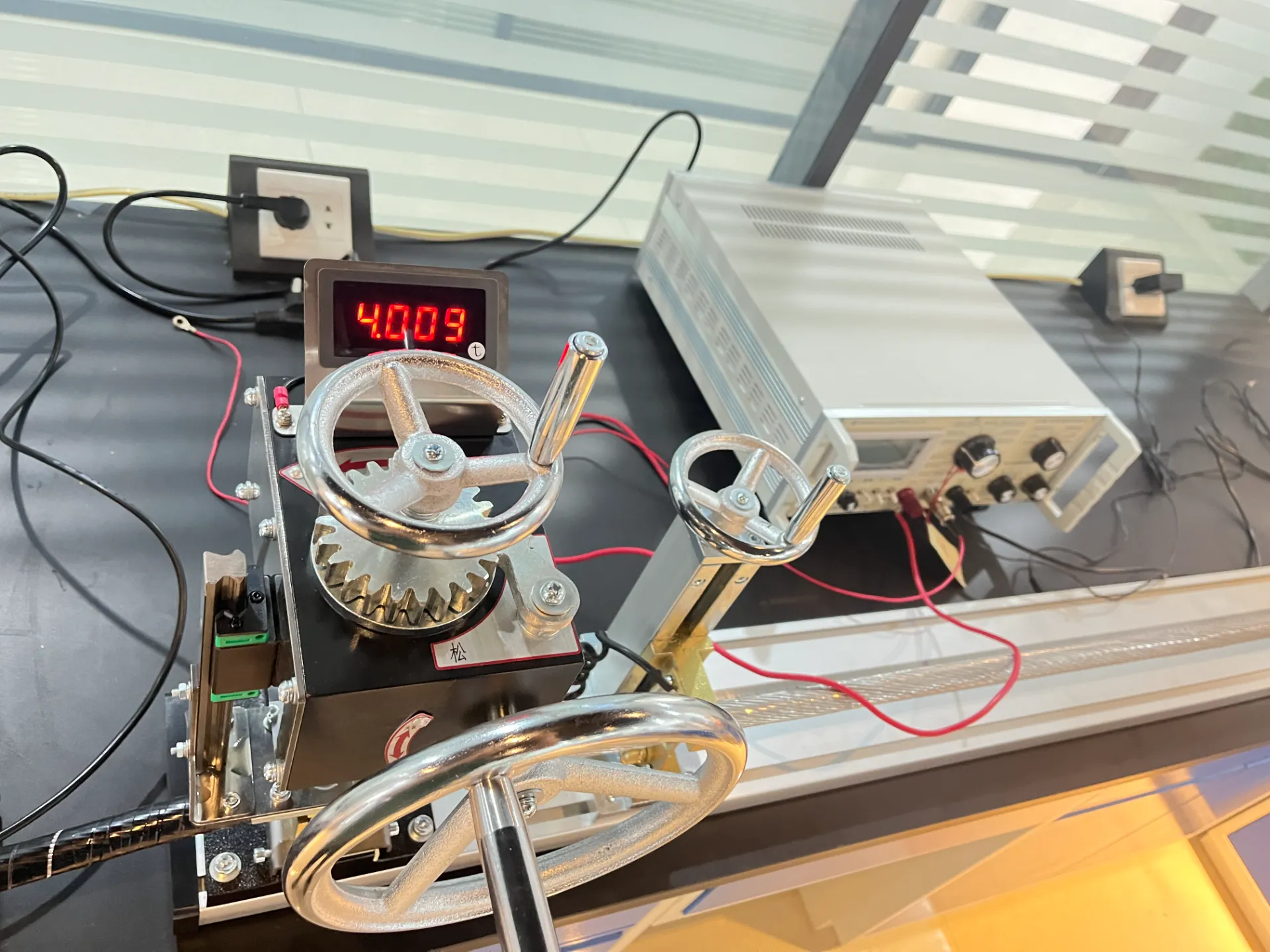insulation resistance testers
Understanding Insulation Resistance Testers Importance, Functions, and Applications
Insulation resistance testers are vital tools in the electrical industry, ensuring the safety and reliability of electrical systems. These devices measure the resistance of electrical insulation and help identify potential faults that could lead to equipment failure or electrical hazards. In this article, we will explore the importance of insulation resistance testers, their functions, and their applications across various industries.
Importance of Insulation Resistance Testing
Electrical insulation is critical for the safe and efficient operation of any electrical equipment. Over time, insulation can degrade due to various factors such as age, environmental conditions, and mechanical stress. A failure in insulation can lead to short circuits, equipment damage, or even electrical fires. Therefore, regular insulation resistance testing is essential for preventive maintenance, ensuring that electrical installations remain safe and reliable.
The primary purpose of insulation resistance testing is to measure the resistance of the insulation between live parts (conductors) and ground or between conductors themselves. A high resistance value indicates good insulation, while a low resistance value signifies potential problems. The results of these tests help maintenance professionals make informed decisions about repairs, replacements, and safety measures.
Functions of Insulation Resistance Testers
Insulation resistance testers typically operate by applying a specified voltage (usually between 250V and 1000V) to the insulation and measuring the resulting current. The testers then calculate the insulation resistance in ohms. A standard measure of insulation resistance is expressed in megaohms (MΩ). Here are some key functions of insulation resistance testers
1. Voltage Selection Many testers allow users to select different test voltages, which is crucial for testing various types of equipment whose insulation ratings may vary.
2. Polarity Reversal To ensure accurate readings, some advanced testers can reverse polarity during the testing process. This feature helps identify insulation issues that may only appear under certain electrical conditions.
3. Automatic Calculations Modern insulation testers often come equipped with automatic calculation functions, making it easier for users to interpret results without manual conversion.
insulation resistance testers

4. Data Logging Some advanced models have data logging capabilities, allowing technicians to record and analyze insulation test results over time. This feature is vital for identifying trends and planning maintenance schedules.
Applications of Insulation Resistance Testers
Insulation resistance testers are widely used in various industries, including
1. Electrical Utilities Utilities use insulation resistance testing to ensure that transmission and distribution lines, transformers, and other equipment are functioning properly without risk of failure.
2. Manufacturing In manufacturing environments, insulation testing is performed on machinery and equipment to prevent electrical faults that can lead to production downtimes or hazardous conditions for workers.
3. Construction Electrical contractors often perform insulation resistance tests on newly installed wiring before the systems are energized. This practice ensures that installations meet safety standards and reduces the risk of equipment failures.
4. Telecommunications Insulation testing in telecommunications ensures that communication lines remain intact and free from faults, which is crucial for maintaining service reliability.
5. Transportation In areas like railway systems and aviation, insulation resistance testing is critical for guaranteeing the reliability and safety of electrical systems.
Conclusion
Insulation resistance testers are indispensable instruments in maintaining electrical safety and reliability. Regular testing ensures that insulation remains effective, preventing potential hazards in various industries. As technology advances, insulation resistance testers are becoming more sophisticated, offering enhanced features such as data logging and automatic calculations. Whether in utility companies, manufacturing plants, construction sites, or telecommunications, the role of insulation resistance testers remains crucial for safeguarding electrical infrastructures and promoting operational efficiency. Emphasizing their importance can help promote a culture of safety and responsibility in electrical maintenance practices.
-
Why the Conductor Resistance Constant Temperature Measurement Machine Redefines Precision
NewsJun.20,2025
-
Reliable Testing Starts Here: Why the High Insulation Resistance Measuring Instrument Is a Must-Have
NewsJun.20,2025
-
Flexible Cable Flexing Test Equipment: The Precision Standard for Cable Durability and Performance Testing
NewsJun.20,2025
-
Digital Measurement Projector: Precision Visualization for Modern Manufacturing
NewsJun.20,2025
-
Computer Control Electronic Tensile Tester: Precision and Power for the Modern Metal Industry
NewsJun.20,2025
-
Cable Spark Tester: Your Ultimate Insulation Assurance for Wire and Cable Testing
NewsJun.20,2025
 Copyright © 2025 Hebei Fangyuan Instrument & Equipment Co.,Ltd. All Rights Reserved. Sitemap | Privacy Policy
Copyright © 2025 Hebei Fangyuan Instrument & Equipment Co.,Ltd. All Rights Reserved. Sitemap | Privacy Policy
